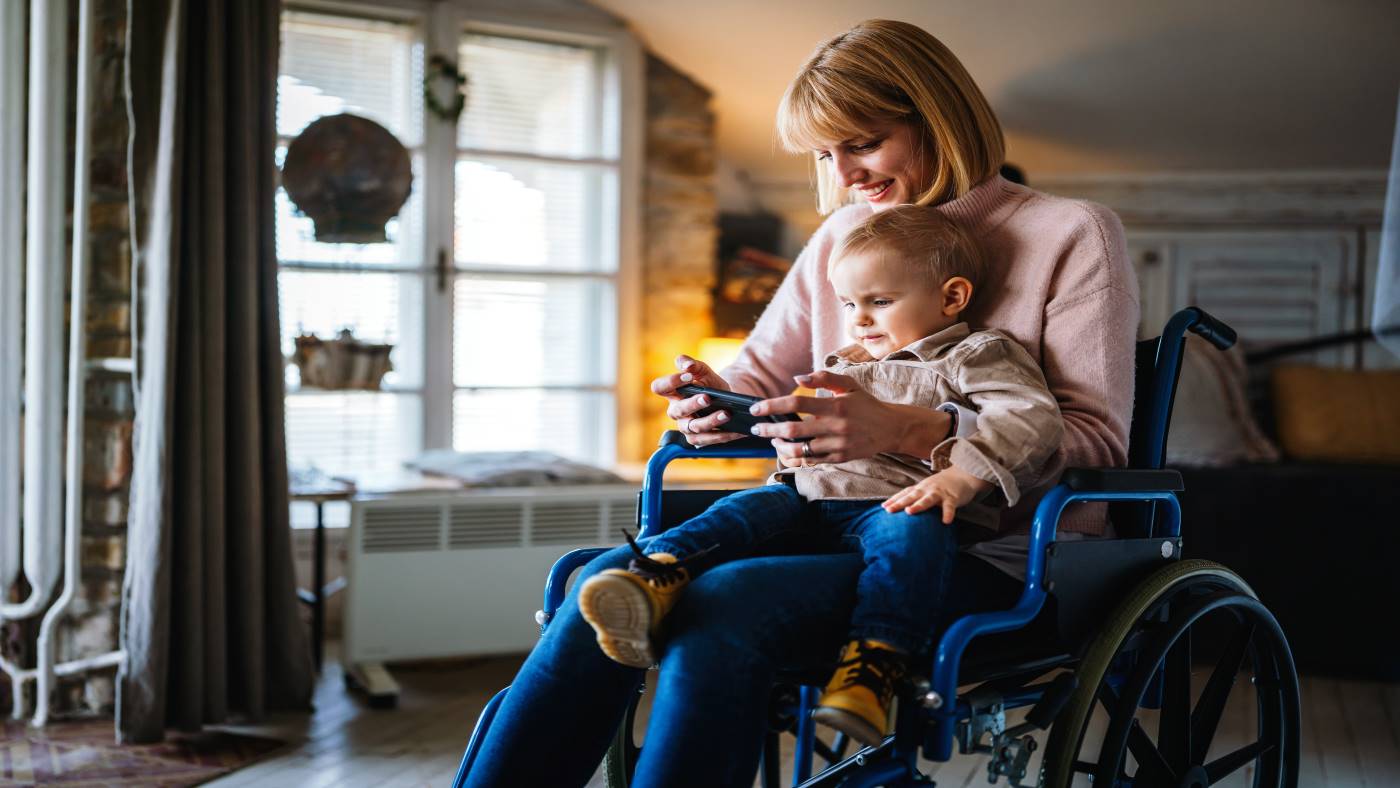“The uncertainty of parenting can bring up feelings in us that range from frustration to terror” – Brene Brown

Parenting can feel like riding a roller coaster of emotions – and as your baby seeks more independence this can lead to moments of frustration for you both. You’ll find information about your baby’s growing autonomy in the app, along with suggestions to support you both as your baby becomes a toddler. But sometimes just thinking about how you view your baby’s actions can help reduce frustration.
Why ‘unconditional positive regard’ could be a good place to start (we’ll explain!)
The psychologist Carl Rogers coined the term ‘unconditional positive regard’ in the 1960s; this simply means that whatever your baby does you love them and accept them as they are.[1]
In your daily life, this probably wouldn’t change what you do very much; you smile at your baby, respond to them when they show you something and offer reassurance when they need it. But it might help you if your baby becomes frustrated or does something you would rather they didn’t.
Starting from a positive view of your baby’s actions can help to reduce your feelings of frustration and become curious about what has happened. Your curiosity might help you to decide how to respond and feel happier about your own actions too.
An example to think about
You might notice your baby putting a brand-new toy, your phone or another precious item in the bin. Your first feelings might be frustration or annoyance – is your baby being ungrateful or disrespectful?
You pause and wonder – why would they do that? You start from a positive view of your baby, and then think about what you know about their development and interests.
They are really interested in putting things inside boxes and bags, they don’t really have the cognitive skills to think ahead – so they don’t know that putting a toy in the bin will mean it’s dirty or gone forever.
So, they’re trying out putting their toy in different places, which is what they are interested in, and then getting frustrated when you stop them.
You could find them something else interesting to put their toy into and play with them for a while to make this new container even more fun!
Or if they have something they can’t play with unless you or another adult is with them, find a few moments to sit and play together. Then make sure this precious item is out of reach in the future as your baby won’t have the ability to control their impulses for a few years yet.
Reference:
Roberts, R. (2002). Self-esteem and early learning (2nd Ed.) Paul Chapman Publishing.